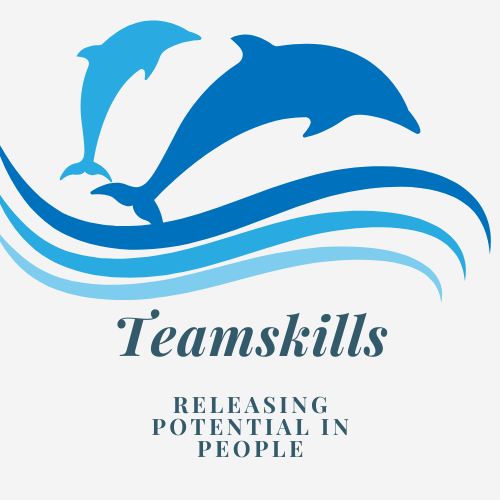Self Preservation or Cherishing others?
There are many models of how assertiveness works.
Until I began To grapple with the concept of win:win , I always found
myself in something of a moral dilemma in balancing the concepts of
assertion with the notion of caring for others.
Indeed, often the common image of assertion is one of the down trodden individual suddenly finding the courage and the confidence, the tools and the techniques to stand up for themselves, kick the sand back into the bullies eyes and march triumphantly into an ever glowing sunset.
The assertive person has now found the ways and means to get exactly what they want probably at the expense of others.
A life time’s experience of running assertiveness programmes in the UK, Scandinavia, Europe and the old Soviet block shows that often people are “sent” on assertiveness programmes so that they can kick the sand back into the bullies eyes as long as the bully is not the boss.
Assertion is a way of influencing people and situations and in order to influence others you need first to influence yourself; in order to be kind to others you need to learn to be kind to yourself; to learn to forgive others you need to learn to forgive yourself and so on.
In order to lead others you need to know how to lead yourself. Everything seems to start from within you.
I recall one programme I ran with a group of fire fighters. During one of the sessions I got into a discussion with a young fire fighter about influencing people, assertively, passively or aggressively and how he related to people.
He asked me, “what do you think is the first rule of fire-fighting?”
I thought for a moment and then rather unsurely replied, “Well, I guess it’s to save peoples’ lives and protect their property.”
“I can understand why you might think so”, he said, “but you’re wrong. The first rule that is drummed into you when you’re training is ‘save yourself first’.
While I was still mulling over these thoughts in my head, he continued, “How can you save others if you haven’t first saved yourself?”
Every time I fly the same message is repeated by the air steward who reminds me in case of emergency to put the oxygen mask on myself first and then go and help others.
Having talked about assertion here are some of our thoughts around defining assertive, aggressive and non assertive behaviour.
Assertion is about behaviour and not people. All of us behave in all three ways – in some situations we can behave aggressively or non-assertively – but that does not mean we are aggressive people or non-assertive people.
Assertive behaviour is when you stand up for your own rights in a way that does not violate the rights of others – ‘Rights’ are a key element of assertiveness. A Right is something to which you are justly entitled to and don’t have to ask somebody else permission to have.
Assertion leads to an honest, open and direct expression of your point of view which, at the same time, shows you understand the other person’s position.
It is based on the belief that you have needs to be met and so do others and
the most effective approach is to find a way in which both parties achieve sufficient of what they want – win:win.
Aggressive behaviour is when you stand up for your own rights in such a way that you ignore or dismiss the rights of another. You express your thoughts, feelings and views in unsuitable ways, even though you may honestly believe your views to be right.
Aggression enhances you at the expense of others and puts others down. It is based on the belief that your opinions are more important than those of others. It is characterised by blaming, by showing contempt, disregard, hostility, and by attacking or patronising others views and ideas.
Non-Assertive behaviour is when you don’t stand up for your rights or you stand up for them in such a way that you make it easy for others to ignore or over ride them. You express your thoughts, feelings & beliefs in often apologetic, cautious or self-effacing ways. You may fail to express your views or feelings altogether.
Non-Assertion is based on the belief that your own needs and wants are not as important as other people’s and that it will take too much unpleasantness and conflict to realise them. You can be apologetic and submissive in standing up for your needs and wants, or stand up them in a manipulative and less authentic way.
Typical of submissive behaviour are long, rambling, justifying explanations often putting ourselves down whilst attempting to accommodate the needs and views of others.
If you want to read more about our book visit: www.entitledtorespect.com
or purchase our book, Entitled to Respect – how to be confident and assertive in the workplace
If you’d like to conatct us by email or phone to discuss issues you think we can help with email on:
conrad.potts@btconnect.com or telephone 00 44 + (0)1903 778977
